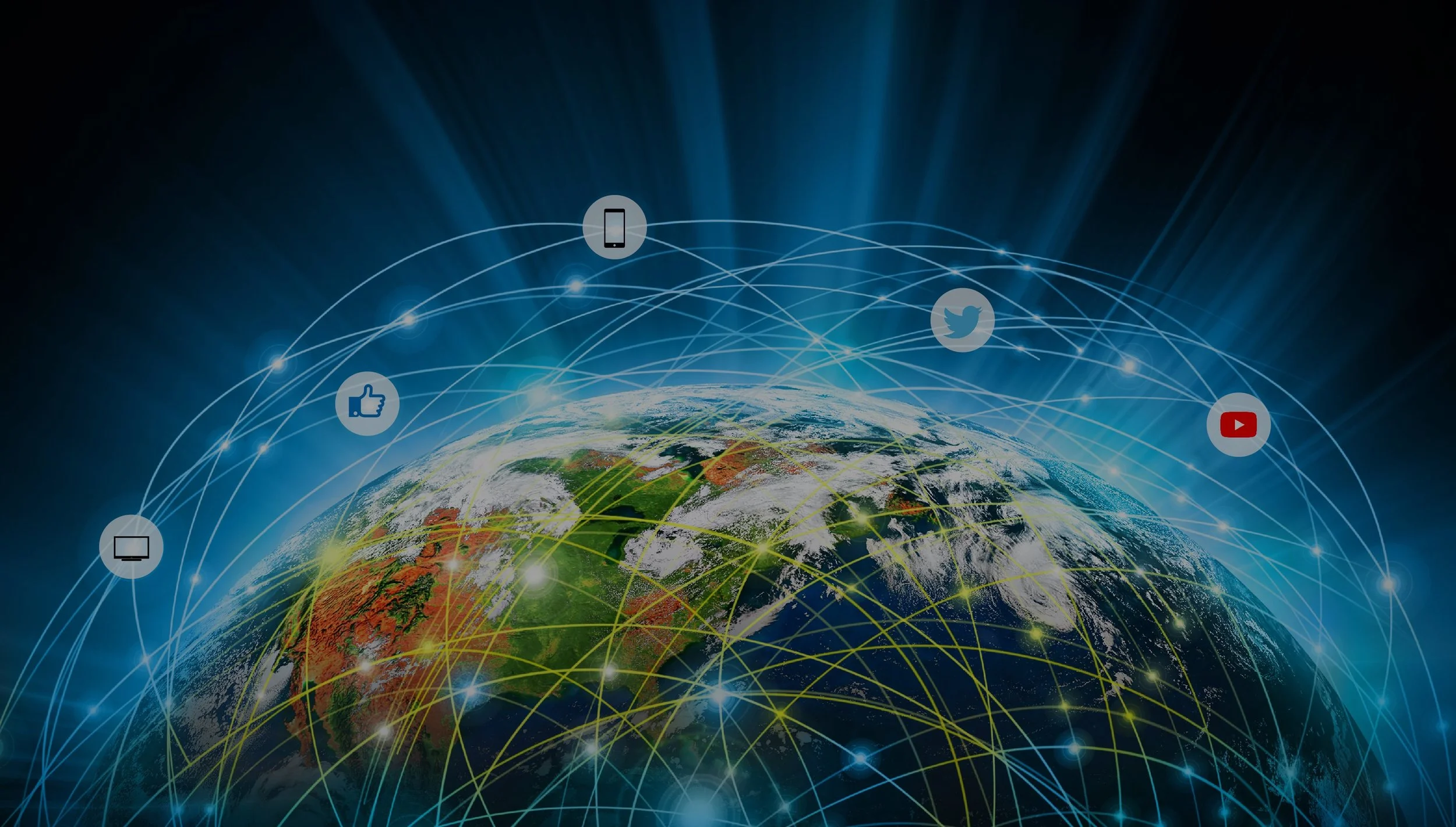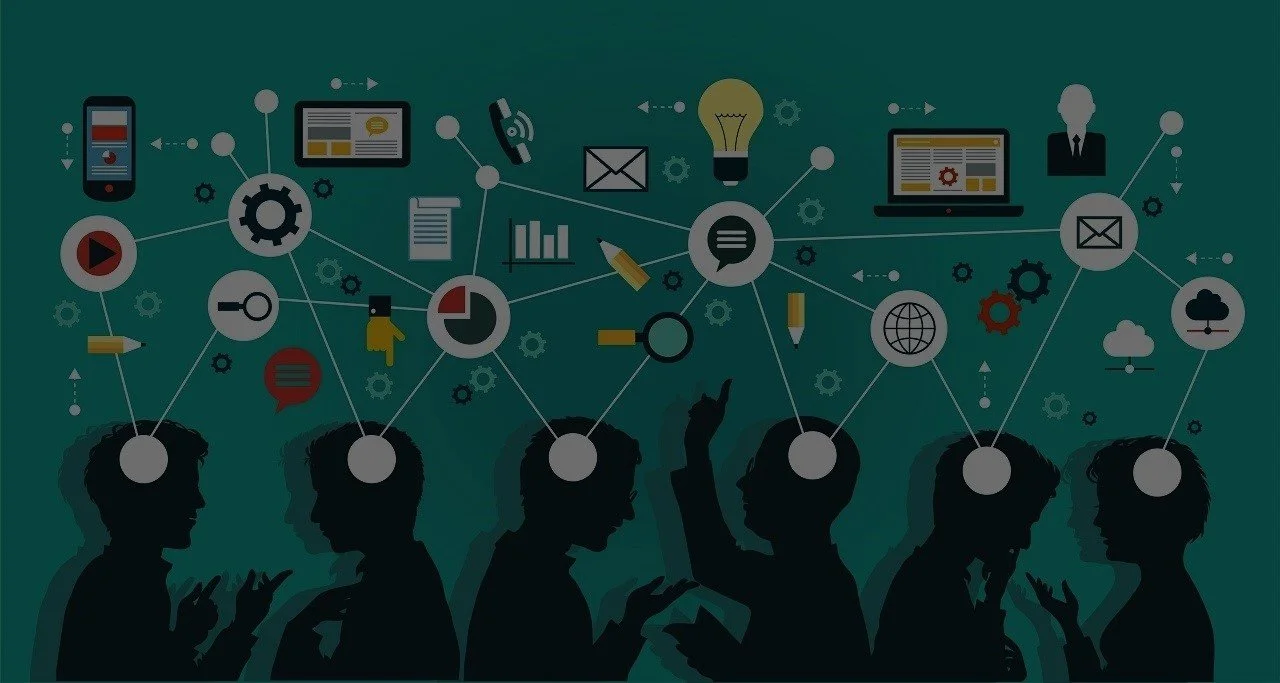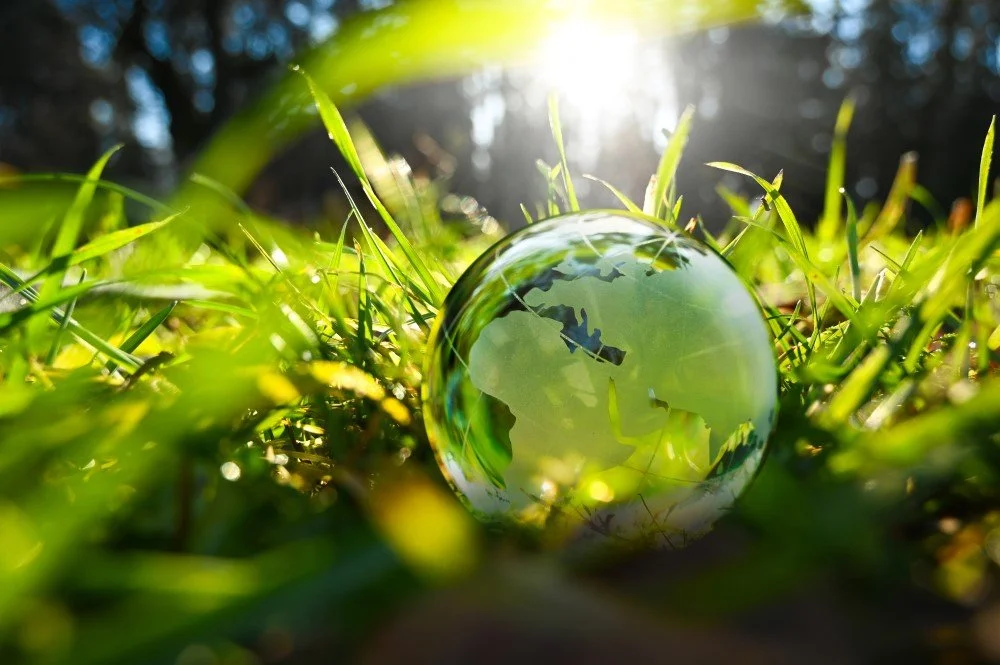Following the Third Summit for Democracy held in South Korea, The Youth Café organized a webinar to create a space for dialogue and analysis on Africa's democratic trends in the context of global developments. Moderated by Elsie Pamba Ojera , The Youth Café and Mary Yvonne Ododah, the discussion featured insights from panelists and included questions and comments from participants, with responses from the panelists.
THE ROLE OF ODA IN STRENGTHENING MEDIA INTEGRITY FOR SUSTAINABLE DEVELOPMENT
The DAC defines official development assistance (ODA) as “government aid that promotes and specifically targets the economic development and welfare of developing countries.” Understanding of this definition has changed over time, recognising, for example, the emergence of “non-DAC providers or philanthropic foundations, the diversification of financial instruments for development, or the increasing overlap of development cooperation policy objectives with those of other sectors such as migration and security.”
PRINCIPLES ON RELEVANT|EFFECTIVE SUPPORT TO MEDIA AND THE INFORMATION ENVIRONMENT
A well-functioning independent media system is critical to sustainable social and economic development, and a bulwark of peaceful, economically prosperous societies. Greater citizen engagement, stronger accountability and lower corruption are all attributable to the presence of professional news media. A vibrant news sector is also fundamental as the first line of defence against democratic backsliding and autocratisation, whose first step is often to undermine media freedom and financial viability. Credible news media provide sunlight on critical social, economic and political issues to ensure a well-informed civil society and accountability of industry and private interests
PACT FOR THE FUTURE |PART TWO
We commit to achieving a world in which humanity lives in harmony with nature, to conserving and sustainably using our planet’s marine and terrestrial resources, including through sustainable lifestyles, and sustainable consumption and production, to reversing the trends of environmental degradation, to promoting resilience, to reducing disaster risk, and to halting ecosystem degradation and biodiversity loss. We will conserve and sustainably use oceans and seas, freshwater resources, as well as forests, mountains and dry lands and protect biodiversity, ecosystems and wildlife.
IDEAS TO ADVANCE LOCALIZATION
This article captures the full range of notes and ideas to address localization challenges, generated by workshop participants during brainstorming and small group discussions. The views and conclusions contained in this article are primarily those of non-USAID participants and should not be interpreted as representing the views, positions, or official policies, either expressed or implied, of the U.S. Government.
Climate and Health Framework | Act on Climate Our Lives Depend on It
The climate crisis is a health crisis fueled by an untenable status quo. It is threatening our food, water, and air, worsening disease and extreme weather, and putting our physical, mental, and social well-being at risk. While the threat of the climate crisis is universal, the speed and severity of the impacts are not. Those who did the least to cause this emergency suffer the most as climate shocks push inequitable and fragile health systems past the breaking point.
Philanthropies Launch New Initiative to Ensure Artificial Intelligence Advances the Public Interest
A group of ten leading philanthropies announced a bold new initiative to ensure that AI advances the public interest in the areas of need identified by Vice President Kamala Harris. Participating foundations are committed to leveraging and aligning grantmaking toward progress on these urgent issues. These institutions are collectively contributing more than $200 million in funding toward public interest efforts to mitigate AI harms and promote responsible use and innovation. Going forward, they will coordinate new actions in this space and will convene in the new year with a cross-sector set of actors to take stock of progress.
Nairobi Youth Statement | Make Development Work for Youth
The youths attending the Second High-Level Meeting of the Global Partnership for Effective Development Cooperation (GPEDC) are coming together and rallying for inclusive development that works for us and with us. This statement is a reflection of youth’s eagerness and strong intent to be involved and actively participate as equal and independent partners in practical development cooperation – a discourse and a process that does not only shape our societies comprehensively today but our future and those of the coming generations ahead.
Adolescent and Youth (AY) Addendum to the Global Financing Facility Civil Society Engagement Strategy
The Global Strategy for Women’s, Children’s and Adolescents’ Health 2016-30 highlights the importance of adolescent health and well-being as being essential to achieving the Sustainable Development Goals (SDG) by 2030. For adolescents to survive, thrive, and transform their societies, the global community needs to invest in their health and well-being. Today’s adolescents are well-positioned to mobilize their peers, advocate for increased resources for sexual and reproductive health and rights, influence their governments to invest in addressing their needs, and demand accountability for commitments related to their health and development.
EAPN Conference | Collaboration for Collective Impact:
Harnessing the Power of Co-Creation and Tailoring Solutions: Our discussions highlighted the importance of co-creation and tailoring solutions to local contexts in driving meaningful systems change. Co-creation empowers communities to take ownership of the development process, fostering a sense of agency, pride, and collective action.










